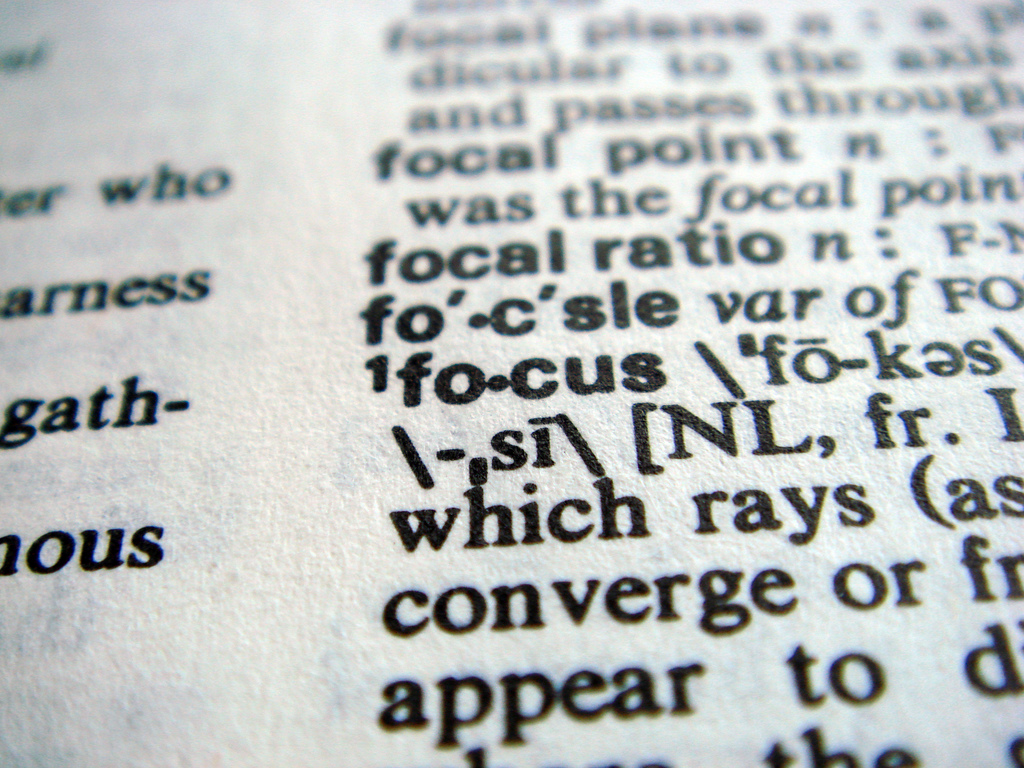10 Commonly Misused Words That Drive All Grammar Nerds Nuts

I was raised by two English teachers, so making grammatical mistakes was not allowed, spoken or written. Unless I wanted to taste the latest Ivory soap bar, that is. Affect or effect? Lie or lay? Principal or principle? Here were a few primary ones that drove my mom and grandma crazy, and you just may be able to relate.
1. Accept -Or- Except
When you “accept” something, you assume it to be true. And when you use “except,” you do not include “x” item in something. “I accept that it is winter now, even though I do not want to” vs. “I love all seasons except for winter, when it is zero degrees.”
2. Alltogether -Or- All Together
When there is a group of items, we put them “all together.” However, “altogether” means “completely,” as in “Altogether, it was a great love story.”
3. Allusion -Or- Illusion
An “allusion” is an indirect reference to something, like “She makes allusions to her Barbie doll collection,” whereas an “illusion” is a false idea, like a magician’s illusion or visual trick.
4. Capital -Or- Capitol
“Capital” means several things: We use capital letters sometimes, capital means wealth, and it refers to the capital city of a state. A legislative assembly meets in the “capitol,” however, and an easy way to remember this is that capitols have domes, with an “o,” not an “a.” (I still remember the social studies teacher who gave me that last tip.)
5. Cite -Or- Site
I like to think of “cite” as a resource, like when you had to do papers in school and cite your sources in a bibliography. “Site,” on the other hand, has to do with a website or a place, like a job site.
6. Complement -Or- Compliment
When you date, you want to “complement” someone, as in you two complete each other and make a good match. However, you also want to “compliment” them, i.e., admire their new hat, for instance.
7. Effect -Or- Affect
The easiest way to remember this is that “affect” has to do with an emotional state, whereas “effect” is a change from an action. For instance, “The book affected me so much that I cried” vs. “He had little effect on her decision.”
8. Lie -Or- Lay
“People ‘lie’ and animals ‘lay’” my English teacher mom likes to say. Also, you need an object to lay down, but you can lie down on your own.
9. Principal -Or- Principle
My uncle used to say it’s easy to remember the difference between these two words, as the “principal” at school is your “pal” (or should be!); hence, the p-a-l at the end. In essence, it is someone with a high ranking. It can also mean “primary” or “main,” as in, “My principal goal this season is to save more money.” Speaking of money, principal also has to do with banking terms, like principal interest.
“Principle,” on the other hand, has to do with a belief that differentiates right from wrong, as in, “It’s the principle of the thing,” i.e., it is not fair that men make more money than women.
10. Stationary -Or- Stationery
“Stationary” means not moving, as in a stationary bicycle at the gym. “Stationery” is writing paper, something people used to do before the Internet. Hah.
Photo by autumn_bliss
Photo by Cubosh


